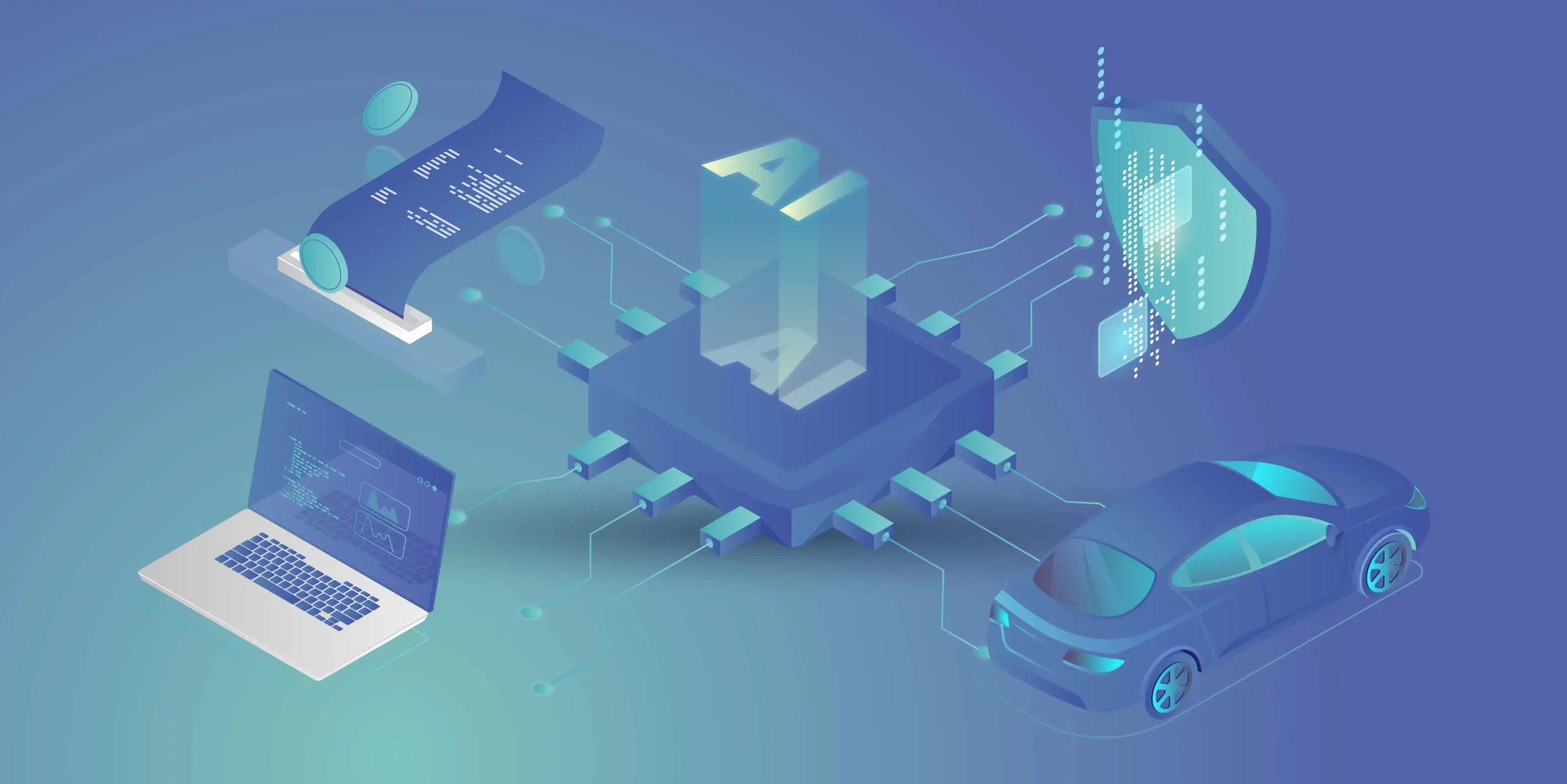Technology has revolutionized the way of learning and accessing information. With the emergence of online study portals, education has become more accessible and affordable than ever before. These portals offer a wide range of courses and certifications in various fields. It makes it possible for anyone with an internet connection to gain new skills and knowledge from the comfort of their homes.
This article will explore how online study portals are changing the face of tech education. It will examine the benefits of online learning, such as cost savings and flexibility, and how they make it possible for more people to pursue a tech career. It will also discuss some top digital learning portals available and highlight their features and benefits.
1. Flexibility in Learning
With traditional brick-and-mortar schools, students are often required to attend classes at set times and locations, which can be challenging for those with busy schedules or other commitments. However, digital learning portals provide the flexibility to learn at your own pace and on your schedule, making education more accessible to a wider range of individuals.
The National Center of Education Statistics reports that during the fall semester of 2020, approximately 11.8 million undergraduate students, equivalent to 75 percent of the total, were enrolled in at least one distance education course. Additionally, 7.0 million undergraduate students, equivalent to 44 percent of the total, exclusively took distance education courses.
The number of students exclusively enrolled in distance education courses in 2020 was 186 percent higher than the previous year, with 7.0 million students in 2020 compared to 2.4 million in 2019. It shows that online education is becoming the future of learning.
Moreover, digital learning portals also allow learners to tailor their learning experience to their needs. Students can choose the courses they want to take, the pace at which they progress through the material, and even the medium they learn.
2. Lower Cost of Learning
Online courses are generally less expensive than their in-person counterparts, as they don’t require the same overhead costs associated with maintaining physical classrooms and facilities. Additionally, students can save on transportation and housing expenses since they can learn from anywhere with an internet connection.
A recent report by the Education Data Initiative found that, on average, private institutions charge significantly less for an online degree than an in-person degree. Specifically, the average cost for an online degree from a private institution is $60,593, almost half the cost of $129,800 for an in-person degree from the same institution.
It demonstrates that web-based learning systems provide an affordable alternative for students who want to earn a degree without incurring the high costs associated with traditional in-person learning.
3. Widening the Reach of Tech Education
One of the most significant impacts of web-based learning systems is their ability to widen the reach of tech education. Through these portals, learners worldwide can access high-quality tech courses and certifications, regardless of their location or socioeconomic background.
By widening the reach of tech education, web-based learning systems are helping to address the shortage of skilled tech workers in the job market. Through these portals, learners from diverse backgrounds can gain the skills and knowledge they need to pursue fulfilling and rewarding careers in tech, helping to build a more diverse and inclusive industry.
According to SweetStudy, you can get help from experienced tutors in subjects like Biology, applied science, engineering, business finance, English, computer science, and many more.
SweetStudy’s answers can help overcome the challenges of traditional education while including its flexible and affordable course options. It allows learners to choose the courses they want to take and learn at their own pace by getting instant access to study guides, prep material, lecture notes, etc.
4. Personalized Learning
By allowing learners to tailor their learning experience to their individual needs and preferences, web-based learning systems are making education more engaging and effective.
According to CLO, most Learning and Development (L&D) professionals believe their companies will be producing more tailored learning materials soon. Specifically, 73% of professionals in the field indicated that their organizations would focus on creating custom learning content in the upcoming years. This data highlights the growing trend of personalized learning.
Moreover, many web-based learning systems use advanced technologies like artificial intelligence and machine learning to provide personalized recommendations for courses and learning materials based on learners’ interests and performance. This level of personalization can help learners stay motivated and engaged, leading to a better overall learning experience.
5. Gamification
By incorporating game-like elements into the learning experience, cyberlearning portals can motivate learners and help them stay on track with their studies.
For example, some cyberlearning portals use gamification to award learners badges, points, and other rewards for completing assignments and progressing in their courses. These rewards can help learners feel a sense of accomplishment and progress, motivating them to continue their studies and complete their courses.
Gamification is a powerful tool that cyberlearning portals use to make tech education more accessible, engaging, and effective.
6. Industry Alignment
By offering courses and certifications aligned with the needs and demands of the tech industry, online study portals can provide learners with the skills and knowledge they need in their careers.
E-learning platforms are addressing this skills gap by offering courses and certifications designed in collaboration with top universities and leading tech companies. These courses are tailored to the needs and demands of the tech industry, providing learners with the skills and knowledge they need to succeed in their careers.
E-learning platforms are helping to bridge the skills gap and provide learners with the education they need to succeed in the job market. This industry alignment is crucial to making tech education more accessible and relevant to learners.
Final Submission
E-learning platforms are making tech education more accessible and affordable than ever before. With their flexible learning options, lower costs, personalized learning experiences, gamification, and industry alignment, online study portals are revolutionizing how learners access and engage with tech education.
By allowing learners to learn at their own pace, cyberlearning portals are making tech education more engaging to a wider range of individuals.
Overall, the growth of the cyberlearning portal is transforming the landscape of tech education, making it more accessible and affordable to learners worldwide. With continued innovation and improvement, online study portals will remain a powerful force in the tech education industry for years.
Source link










Leave a Reply